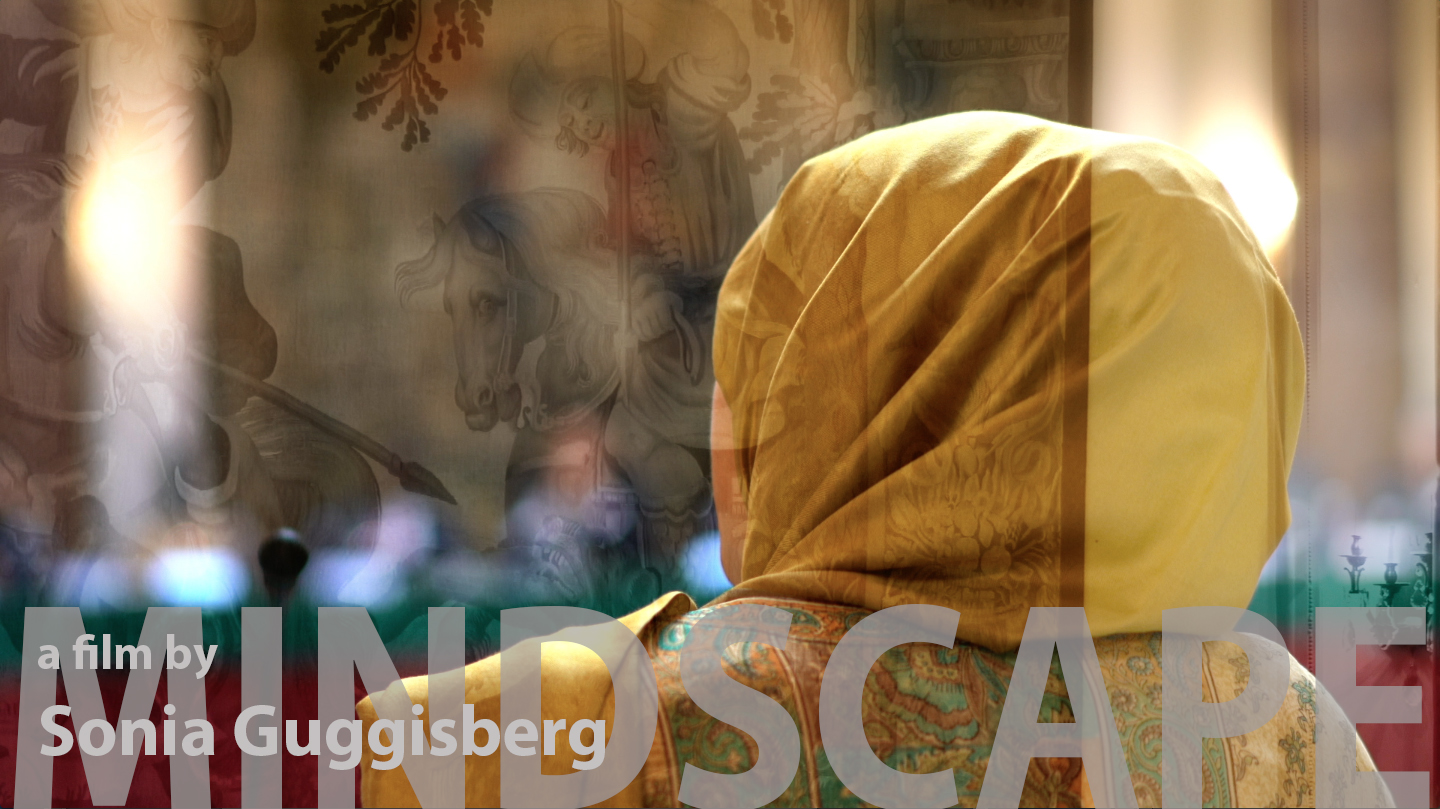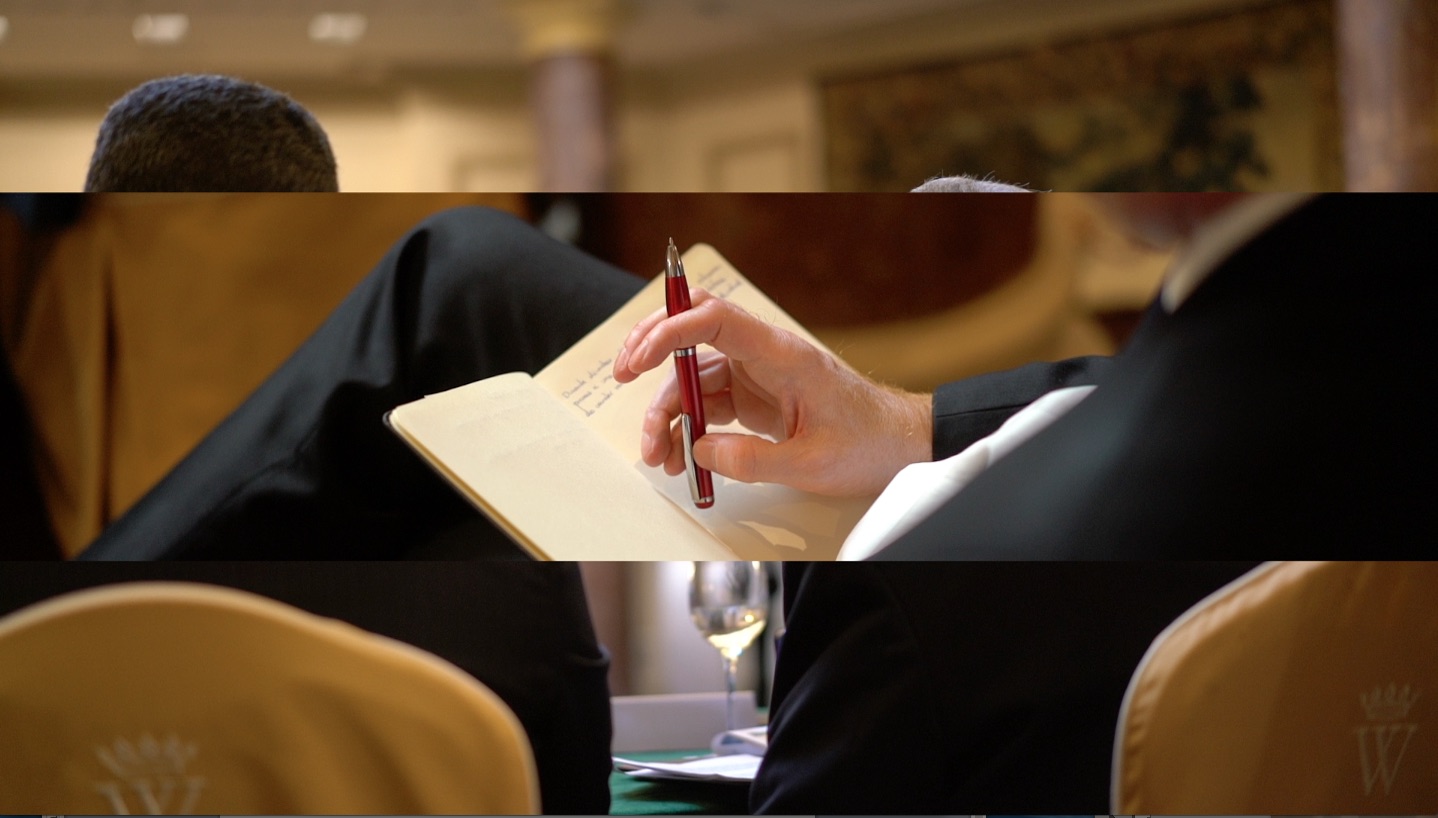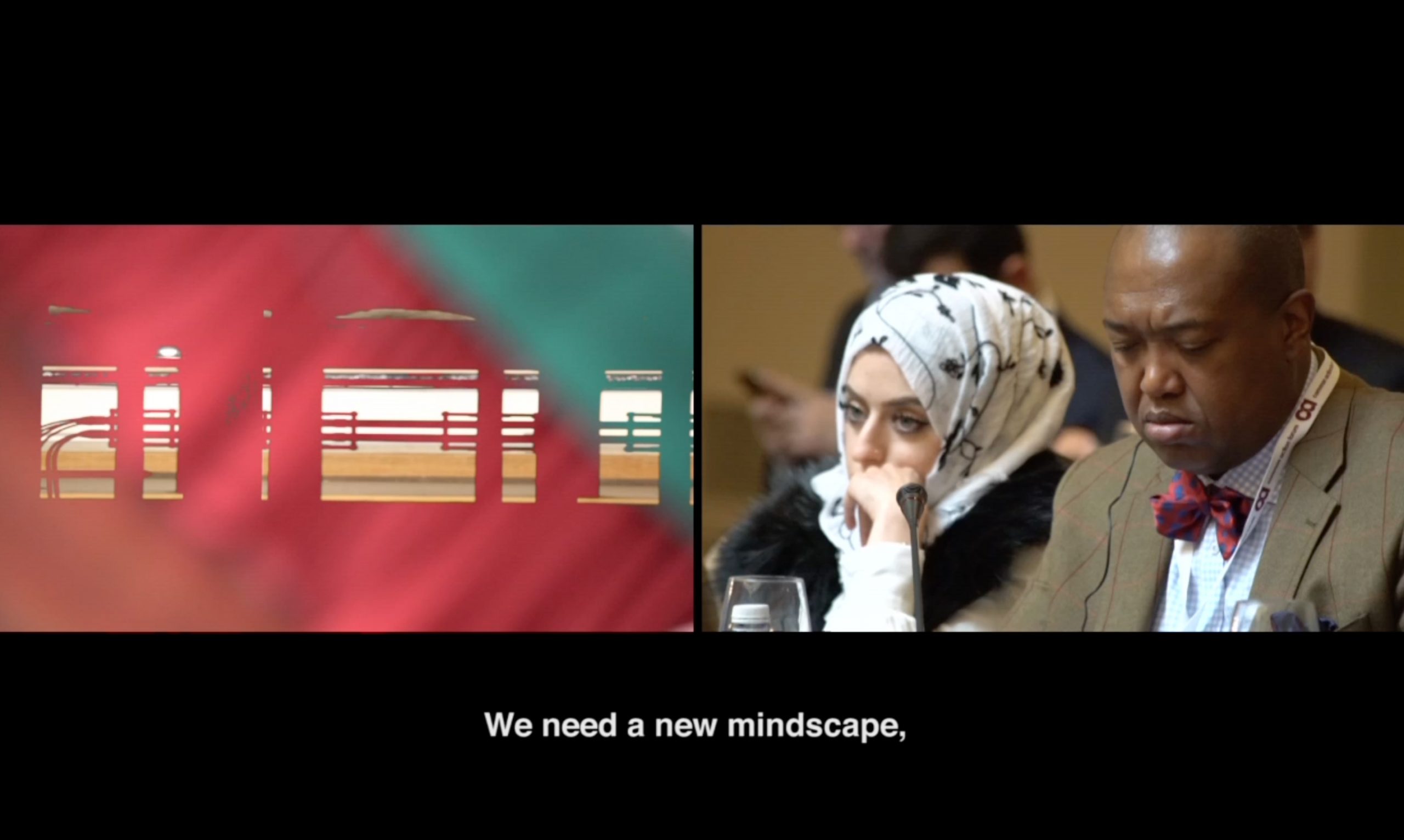experimental, 9 min.
Common Action Forum, Madrid, 2015.
Seleção Oficial Competição de Curtas 7th International Documentary Festival of Ierapetra, Creta, Grécia, 2020.
experimental, 8 min.
Common Action Forum, Madrid, 2015.
Official Selection, 7º International Documentary Festival of Ierapetra, Creta, Grécia, 2020.
COMMON ACTION FORUM 2016
Madrid, 5-6 November
The rise of global fear: why is the world becoming less tolerant and more radical?
1: Vladimir Safatle
What kind of emotions does time produce from utopias? And what makes us create such emotions? Do we really need utopia to defend the power of transformation in politics? We should narrate history like the one who looks for big actions that tell us how to proceed before similar situations in the present.
A utopia is a way to control time, a way to organize events from the previously defined and determined idea of “what must be”. The image of the future is already defined looking at the present. What utopia apparently does is increasing the strength to get this image closer. When it seems to be closer, an emotion grows: hope. When it appears to be moving away, it takes place something like the melancholy produced by the retraction of the horizon of expectations. Hence, we can say that the time of utopia is marked by the movement of hope as the central political emotion. However, we must try to understand better what kind of emotion hope is. Hope shows its aim at perpetuating a helpless spectre of imagination trapped in the chains of wait.
And fear without hope comes from time’s linear nature controlled by the structure of expectations.
Hence, politics can only emerge as a human attempt to falsify time. It is the expression of a forsaken time, lacking a utopic horizon, marked, indeed, by that which cannot be controlled. In this respect, I would say that the central political emotion today is the abandonment. Whoever asks for care, asks to be protected by figures of authority recognized as having the capacity to control and decide. However, political demands are neither for care nor for protection. They are demands for power removal.
2: Alberto Mayol
In the modern days, we moved from domestic economy to political economy, from home wealth to wealth of the nations. Today we have moved from political economy to apolitical economy.
We usually call this incapacity and the awareness of this incapacity, ‘social unrest’; its factuality we call ‘inequality’; its firm reluctance to change, we call ‘crisis’. We don’t have a name for the worst part: the agony that accounts for the constant convenience of this bad cycle for a part of the global economy which can gain power and money in the midst of such lack of structuration. The world’s best moment perhaps took place at some point in our recent past. Perhaps the world’s best moment was a PIC point we didn’t notice. Maybe there is a worse world in store or us or, at least, several years of it. If we understand this maybe it will be easier to come to terms with the place we live in.
There was a better future. Whether it was sooner or later, the way to do it, how to do it could become some sort of conflict, but there it was a better world, if not for us, for our children; and, if not for them, then for our grandchildren. However, these social liabilities are knocking at the door. Poverty, housing, healthcare, education, pensions, these are now problems all around the world.
1: Vladimir Safatle
Que tipo de afeto o tempo das utopias produz? E o que nos levou a fazer tais afetos? Realmente precisamos da utopia para defender o poder da transformação de políticas? Devemos contar a história como alguém que busca grandes ações que nos dizem como proceder diante de situações semelhantes no presente?
Uma utopia é uma forma de controle do tempo, uma forma de orientação dos eventos de um "deve ser". A imagem do futuro já está determinada, olhando o presente. O que a utopia faz é, aparentemente, aumentar as forças para que essa imagem se aproxime. Quando ela parece se aproximar, cresce um carinho, a saber: esperança. Quando ela parece se distanciar, ocorre algo como a melancolia produzida pela retração do horizonte de expectativas. Portanto, podemos dizer que o tempo da utopia é marcado pelo movimento da esperança como afeto político central. Mas tente entender melhor que tipo de condição é a esperança. A esperança mostra seus limites ao perpetuar um espectro de imaginação impotente, aprisionado nas cadeias da espera.
E o medo sem esperança vem da natureza linear do tempo!
[...] Quanto mais nos esforçamos para depender menos da esperança, mais nos libertaremos do medo.
Portanto, a política só pode aparecer como uma tentativa humana de distorcer o tempo. É a expressão de um tempo desamparado, desprovido de um horizonte utópico, marcado exatamente pelo que não é controlado. Nesse sentido, eu diria que o afeto político central hoje é o desamparo. Quem pede cuidados, pede para ser protegido por figuras de autoridade, reconhecidas como capazes de controlar e decidir. Mas demandas políticas não são demandas de cuidados ou proteção.
2: Alberto Mayol
Na modernidade, passamos da economia doméstica para a política, da riqueza familiar para a riqueza das nações. Hoje passamos da economia política para a economia apolítica.
Para a consciência dessa deficiência, costumamos chamá-la de "agitação social", chamamos de desigualdade de fato, forte resistência à mudança, crise. Não temos um nome para a pior parte, a agonia que explica a conveniência constante desse ciclo ruim para uma parte da economia global que pode obter poder e dinheiro nessa desestruturação. O melhor momento do mundo talvez tenha ocorrido em algum momento de nosso passado recente. Talvez um mundo pior nos aguarde, ou pelo menos vários anos disso. Se entendermos isso, pode ser mais fácil assimilar o lugar onde moramos. Poderia ser mais cedo, mais tarde, a maneira de fazê-lo e como poderia ser um conflito, mas havia um mundo melhor, se não para nós, para nossos filhos, se não para eles, para nossos netos [...]
Mas essas responsabilidades Social em todo o mundo estão batendo na porta. A pobreza, a habitação, a saúde, a educação e as pensões são problemas hoje e em todo o mundo.
3: Baltasar Garzón
Food fraud, speculation of prices on basic products upon which the survival or well-being of most people depend; labour exploitation of minors; the noncompliance with internationally recognized workers’ rights; embezzlement of international funds allocated to mitigate humanitarian catastrophes.
…guerrilla groups, involved in controlling and developing its exploitation, are illegal actors or are acting outside the law, or shelter themselves in international loopholes where they can find a space of impunity so they can keep displacing.
4: Matias Bianchi
They’re looking for micro revolutions not the macro revolution, something that is emerging and it’s clear. And the political parties are the core of this crisis. We already know that. But when we asked how they were, how they felt themselves compared to 10-15 years ago, people became very positive.
So the crisis that we see is that there’s a new political animal that is emerging, so what we need to think… Al Qaeda is also a peer-to- peer movement, decentralized, cooperative, etcetera, so we have to be careful. What becomes evident is that there is a new demos that has different shapes, different forms, and different practices.
We need a new mindscape, we need new mindscape.
3: Baltasar Garzón
Fraude alimentar; especulação de preços sobre necessidades, das quais depende a sobrevivência ou a saúde da maioria das pessoas; exploração de trabalho infantil; violação dos direitos dos trabalhadores reconhecidos internacionalmente; o desvio ilícito de fundos internacionais aprovados para aliviar catástrofes humanitárias;
....grupos, guerrilheiros, envolvidos no controle e desenvolvimento de sua exploração, são atores ilegais ou agem por ilegalidade ou confiam nas lacunas internacionais para encontrar um espaço para impunidade e ação.
4: Matias Bianchi
Eles estão procurando micro-revoluções, não a macro-revolução, algo que está emergindo e está claro. E os partidos políticos são o núcleo desta crise. Nós já sabemos disso.
Quando perguntamos como é a democracia, eles estavam muito infelizes. Quando perguntamos sobre os partidos políticos, eles estavam infelizes. Mas quando perguntamos como eles eram, como se sentiam em comparação com 10 a 15 anos atrás, as pessoas se tornaram muito positivas.
Portanto, a crise que vemos é que há um novo animal político que está emergindo, então o que precisamos pensar ... A Al Qaeda também é um movimento entre pares, descentralizado, cooperativo, etc., por isso temos que ter cuidado. O que se torna evidente é que há uma nova demonstração que tem formas diferentes, formas diferentes e práticas diferentes.
Precisamos de uma nova paisagem mental, precisamos de uma nova paisagem mental.
1: Vladimir Safatle
What kind of emotions does time produce from utopias? And what makes us create such emotions? Do we really need utopia to defend the power of transformation in politics? We should narrate history like the one who looks for big actions that tell us how to proceed before similar situations in the present.
A utopia is a way to control time, a way to organize events from the previously defined and determined idea of “what must be”. The image of the future is already defined looking at the present. What utopia apparently does is increasing the strength to get this image closer. When it seems to be closer, an emotion grows: hope. When it appears to be moving away, it takes place something like the melancholy produced by the retraction of the horizon of expectations. Hence, we can say that the time of utopia is marked by the movement of hope as the central political emotion. However, we must try to understand better what kind of emotion hope is. Hope shows its aim at perpetuating a helpless spectre of imagination trapped in the chains of wait.
And fear without hope comes from time’s linear nature controlled by the structure of expectations.
Hence, politics can only emerge as a human attempt to falsify time. It is the expression of a forsaken time, lacking a utopic horizon, marked, indeed, by that which cannot be controlled. In this respect, I would say that the central political emotion today is the abandonment. Whoever asks for care, asks to be protected by figures of authority recognized as having the capacity to control and decide. However, political demands are neither for care nor for protection. They are demands for power removal.
2: Alberto Mayol
In the modern days, we moved from domestic economy to political economy, from home wealth to wealth of the nations. Today we have moved from political economy to apolitical economy.
We usually call this incapacity and the awareness of this incapacity, ‘social unrest’; its factuality we call ‘inequality’; its firm reluctance to change, we call ‘crisis’. We don’t have a name for the worst part: the agony that accounts for the constant convenience of this bad cycle for a part of the global economy which can gain power and money in the midst of such lack of structuration. The world’s best moment perhaps took place at some point in our recent past. Perhaps the world’s best moment was a PIC point we didn’t notice. Maybe there is a worse world in store or us or, at least, several years of it. If we understand this maybe it will be easier to come to terms with the place we live in.
There was a better future. Whether it was sooner or later, the way to do it, how to do it could become some sort of conflict, but there it was a better world, if not for us, for our children; and, if not for them, then for our grandchildren. However, these social liabilities are knocking at the door. Poverty, housing, healthcare, education, pensions, these are now problems all around the world.
3: Baltasar Garzón
Food fraud, speculation of prices on basic products upon which the survival or well-being of most people depend; labour exploitation of minors; the noncompliance with internationally recognized workers’ rights; embezzlement of international funds allocated to mitigate humanitarian catastrophes.
…guerrilla groups, involved in controlling and developing its exploitation, are illegal actors or are acting outside the law, or shelter themselves in international loopholes where they can find a space of impunity so they can keep displacing.
4: Matias Bianchi
They’re looking for micro revolutions not the macro revolution, something that is emerging and it’s clear. And the political parties are the core of this crisis. We already know that. But when we asked how they were, how they felt themselves compared to 10-15 years ago, people became very positive.
So the crisis that we see is that there’s a new political animal that is emerging, so what we need to think… Al Qaeda is also a peer-to- peer movement, decentralized, cooperative, etcetera, so we have to be careful. What becomes evident is that there is a new demos that has different shapes, different forms, and different practices.
We need a new mindscape, we need new mindscape.
1: Vladimir Safatle
Que tipo de afeto o tempo das utopias produz? E o que nos levou a fazer tais afetos? Realmente precisamos da utopia para defender o poder da transformação de políticas? Devemos contar a história como alguém que busca grandes ações que nos dizem como proceder diante de situações semelhantes no presente?
Uma utopia é uma forma de controle do tempo, uma forma de orientação dos eventos de um "deve ser". A imagem do futuro já está determinada, olhando o presente. O que a utopia faz é, aparentemente, aumentar as forças para que essa imagem se aproxime. Quando ela parece se aproximar, cresce um carinho, a saber: esperança. Quando ela parece se distanciar, ocorre algo como a melancolia produzida pela retração do horizonte de expectativas. Portanto, podemos dizer que o tempo da utopia é marcado pelo movimento da esperança como afeto político central. Mas tente entender melhor que tipo de condição é a esperança. A esperança mostra seus limites ao perpetuar um espectro de imaginação impotente, aprisionado nas cadeias da espera.
E o medo sem esperança vem da natureza linear do tempo!
[...] Quanto mais nos esforçamos para depender menos da esperança, mais nos libertaremos do medo.
Portanto, a política só pode aparecer como uma tentativa humana de distorcer o tempo. É a expressão de um tempo desamparado, desprovido de um horizonte utópico, marcado exatamente pelo que não é controlado. Nesse sentido, eu diria que o afeto político central hoje é o desamparo. Quem pede cuidados, pede para ser protegido por figuras de autoridade, reconhecidas como capazes de controlar e decidir. Mas demandas políticas não são demandas de cuidados ou proteção.
2: Alberto Mayol
Na modernidade, passamos da economia doméstica para a política, da riqueza familiar para a riqueza das nações. Hoje passamos da economia política para a economia apolítica.
Para a consciência dessa deficiência, costumamos chamá-la de "agitação social", chamamos de desigualdade de fato, forte resistência à mudança, crise. Não temos um nome para a pior parte, a agonia que explica a conveniência constante desse ciclo ruim para uma parte da economia global que pode obter poder e dinheiro nessa desestruturação. O melhor momento do mundo talvez tenha ocorrido em algum momento de nosso passado recente. Talvez um mundo pior nos aguarde, ou pelo menos vários anos disso. Se entendermos isso, pode ser mais fácil assimilar o lugar onde moramos. Poderia ser mais cedo, mais tarde, a maneira de fazê-lo e como poderia ser um conflito, mas havia um mundo melhor, se não para nós, para nossos filhos, se não para eles, para nossos netos [...]
Mas essas responsabilidades Social em todo o mundo estão batendo na porta. A pobreza, a habitação, a saúde, a educação e as pensões são problemas hoje e em todo o mundo.
3: Baltasar Garzón
Fraude alimentar; especulação de preços sobre necessidades, das quais depende a sobrevivência ou a saúde da maioria das pessoas; exploração de trabalho infantil; violação dos direitos dos trabalhadores reconhecidos internacionalmente; o desvio ilícito de fundos internacionais aprovados para aliviar catástrofes humanitárias;
....grupos, guerrilheiros, envolvidos no controle e desenvolvimento de sua exploração, são atores ilegais ou agem por ilegalidade ou confiam nas lacunas internacionais para encontrar um espaço para impunidade e ação.
4: Matias Bianchi
Eles estão procurando micro-revoluções, não a macro-revolução, algo que está emergindo e está claro. E os partidos políticos são o núcleo desta crise. Nós já sabemos disso.
Quando perguntamos como é a democracia, eles estavam muito infelizes. Quando perguntamos sobre os partidos políticos, eles estavam infelizes. Mas quando perguntamos como eles eram, como se sentiam em comparação com 10 a 15 anos atrás, as pessoas se tornaram muito positivas.
Portanto, a crise que vemos é que há um novo animal político que está emergindo, então o que precisamos pensar ... A Al Qaeda também é um movimento entre pares, descentralizado, cooperativo, etc., por isso temos que ter cuidado. O que se torna evidente é que há uma nova demonstração que tem formas diferentes, formas diferentes e práticas diferentes.
Precisamos de uma nova paisagem mental, precisamos de uma nova paisagem mental.






